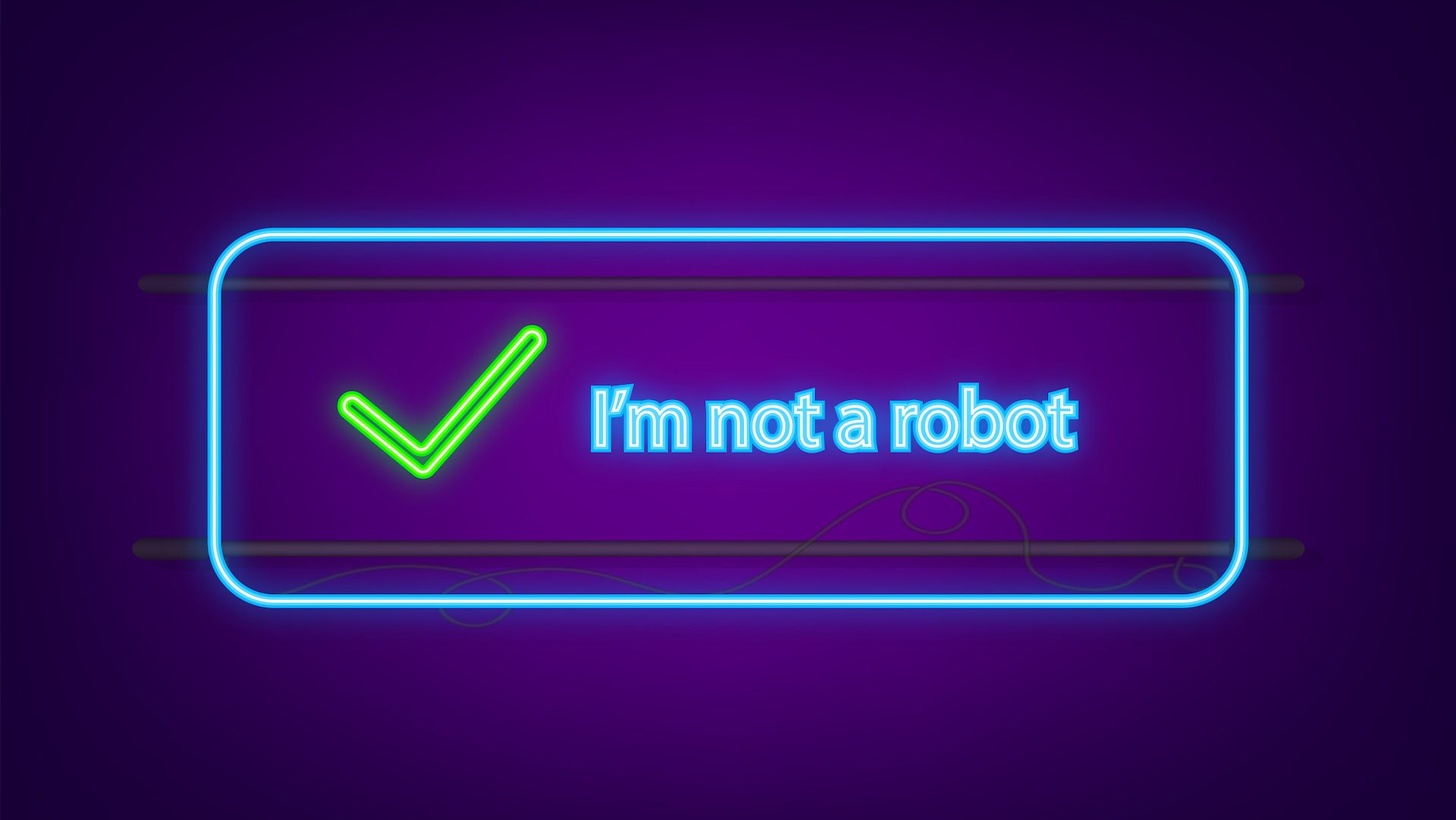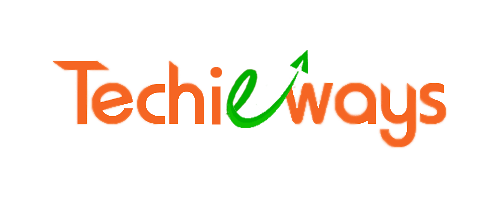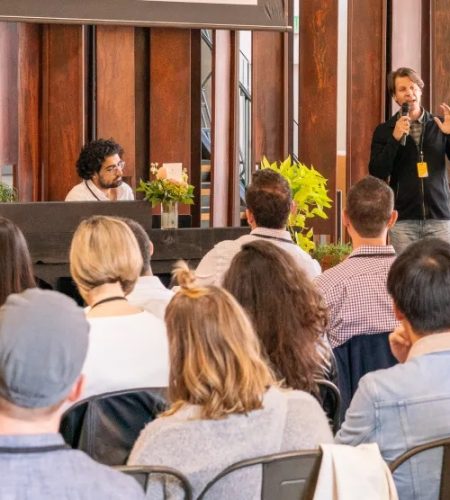Founders, are events useful, A few months ago, Alexis Ohanian, the co-founder of Reddit, tweeted that if he could go back in time and do one thing differently when he was building Reddit, he would have spent significantly less time attending events. Personally, I have a different experience — I always regret getting on a plane (or in an Uber, for that matter) to go to an event. However, as I’m traveling back, I’ve never regretted it: There’s always something magical that comes out of going to an event, in my experience.

Image Credits: Haje Kamps (opens in a new window)/ TechCrunch
Our TC+ team is not interested in anecdotes, however: neither mine nor Alexis’. So, like the data-driven journalists they are, they surveyed more than 50 founders, trying to figure out whether attending events still makes sense in 2023.
Spoiler alert: There isn’t a real consensus, but there are some really good pros and cons. The article is well worth a read, to figure out in which circumstances you can expect a decent return on investment on your event-going antics.
Today’s newsletter is going to be a bit more to the point than usual: I’m laid up at home with pneumonia (yes, I really am an 86-year-old grandmother. Surprise!), so forgive the antibiotics-addled ramblings this week. I hope I’ll be back with non-pharmaceutically-enhanced ramblings next week.
Artificial intelligence: Y’all just can’t get enough

Image Credits: Oleksandr Hruts / Getty Images
Our most-read stories consistently continue to be about AI. No big surprise, perhaps, the AI hype cycle continues apace. This week there’s been a bunch of stories about the seedy underbelly of AI, including how humans are part of the problem, continuing to trick AI systems into generating boobs and 9/11 memes. Oh, humans. We spoke with investors to figure out whether the future of AI has hope for us beyond daft memes. (Spoiler alert: Yes.)
Rumors are swilling that OpenAI may be considering developing its own AI chips. That’s going to get interesting, especially if you recall that Nvidia’s ongoing stock market rally is likely driven by the current boom in AI. The company’s ChatGPT mobile app hit a record $4.6 million in revenue last month, but growth is slowing. Oh, and there’s no need to shed tears for Nvidia quite yet; Brian’s piece breaking down how Nvidia became a major player in robotics is super interesting.
Adobe has doubled down on its Firefly generative AI models. This week, Frederic covered how the software can now generate more realistic images and can help artists create vector graphics in Illustrator. Neato.
More on the AI front
If AI can’t go to the mountain, the mountain will come to AI: Dutch startup Tidalflow exits stealth with backing from Google’s Gradient Ventures. It aims to help any software play nice with ChatGPT and other LLM ecosystems.
What big eyes you have: Adobe continues to push for easier image editing, showing off its Project Stardust as a sneak preview of its next-gen AI photo editing engine.
Holding back the tide: Creatives across industries are strategizing in a campaign that targets potential corporate abuse of AI technology. The conglomeration is realistic about the ways that musicians and some other creatives could benefit on an individual level from automating parts of their work. The goal is that AI tools “become ways for individual humans to make more money, work less, and compete with the corporations that exploit them.”
Tech you can touch
![]()
Image Credits: Darrell Etherington
A while back I argued that Apple’s new AR headset is a game-changer for startups. It seems that’s likely the case at the high end. But more in the realm of affordability, Meta Quest 3 takes a step closer to mainstream AR/VR, Brian reports.
Not Sonos fast there: Audio company Sonos scored a big $32.5 million win against Google a while back. Now it transpires that the company’s patents were deemed unenforceable and invalid. Whoops. A federal judge threw out the $32.5 million win this week.
When it clicks, it really clicks: We took a deep look at Pixel 8, and our team discovered that it delivers solid performance and design upgrades. The camera got a particularly enthusiastic shout-out, with Darrell declaring that Google’s Pixel 8 Pro camera is the new mobile photography champ, and Brian waxing lyrical about the phone’s picture-snapper in “The camera’s still the thing.”
Who needs computers anyway?: It seems like all our mobile devices may be starting to cannibalize sales of personal computers — Ron reports that PC shipments decline slowed in Q3 2023 and that Apple’s sales plunged over 23%.
Let’s get together

Image Credits: VidCon
Reddit’s API-powered chaos continues, but it appears that things are starting to resolve a little. Third-party Reddit app Narwhal says it hopes to survive Reddit’s app purge with a subscription plan.
Apropos “getting together,” Amanda reports that VidCon is still kickin’. For the first time, the conference hosted an industry leadership summit, where creator economy experts and creators could hash out their grievances with the state of the business and share ideas to make the job of a creator more sustainable. That makes sense, unlike creators raising venture capital: It’s so eye-wateringly hard to make money as a creator, I’d love to see the pitch that convinces a VC to cut a check to a creator, with a realistic expectation of a venture-scale return.
Maybe they were hiding behind the sofa?: Sarah reports that Mastodon actually has 407K+ more monthly users than it thought — and it seems like Twitter has a lot more traffic than Musk said. Still, the peak now is about the same as it was a decade ago, and it’s unclear what the social platform can do to encourage more growth.
A social network: Lauren reports that a former TikTok employee is building a social app for content creators to network and “spill the tea,” so creators can help each other out by making better, more engaging content.[California]
X may go ad-free.: It appears that X (formerly Twitter) is testing three tiers of its Premium service, its CEO says. Under the hood, the code shows one tier may be ad-free. If it’s also troll-free, please take my money right now.
Top read on TechCrunch this week
A lot of amazing news on the site this week, but if we go by the raw numbers, here are the most popular stories — the ones that I didn’t already cover above, that is.[California]
Passwords? We don’t need no stinking passwords: Passkeys are a phishing-resistant alternative to passwords that allow users to sign in to accounts using the same biometrics or PINs they use to unlock their devices or with a physical security key. Google is now making it the default sign-in method for all users.
2 sec, let me text you some cash: When questioned about Mastercard’s prospects in emerging markets such as India, Mastercard’s CFO Sachin Mehra praised UPI for helping with digitization but voiced reservations about its commercial sustainability, saying it is an “incredibly painful experience” for ecosystem participants.
Bravely browsing — or searching — for a new job . . . : Brave Software, the maker of Brave Browser and Search, confirmed that it has laid off 9% of its workforce across departments.[California]
Subscribe to our email newsletter to get the latest posts delivered right to your email.


Comments